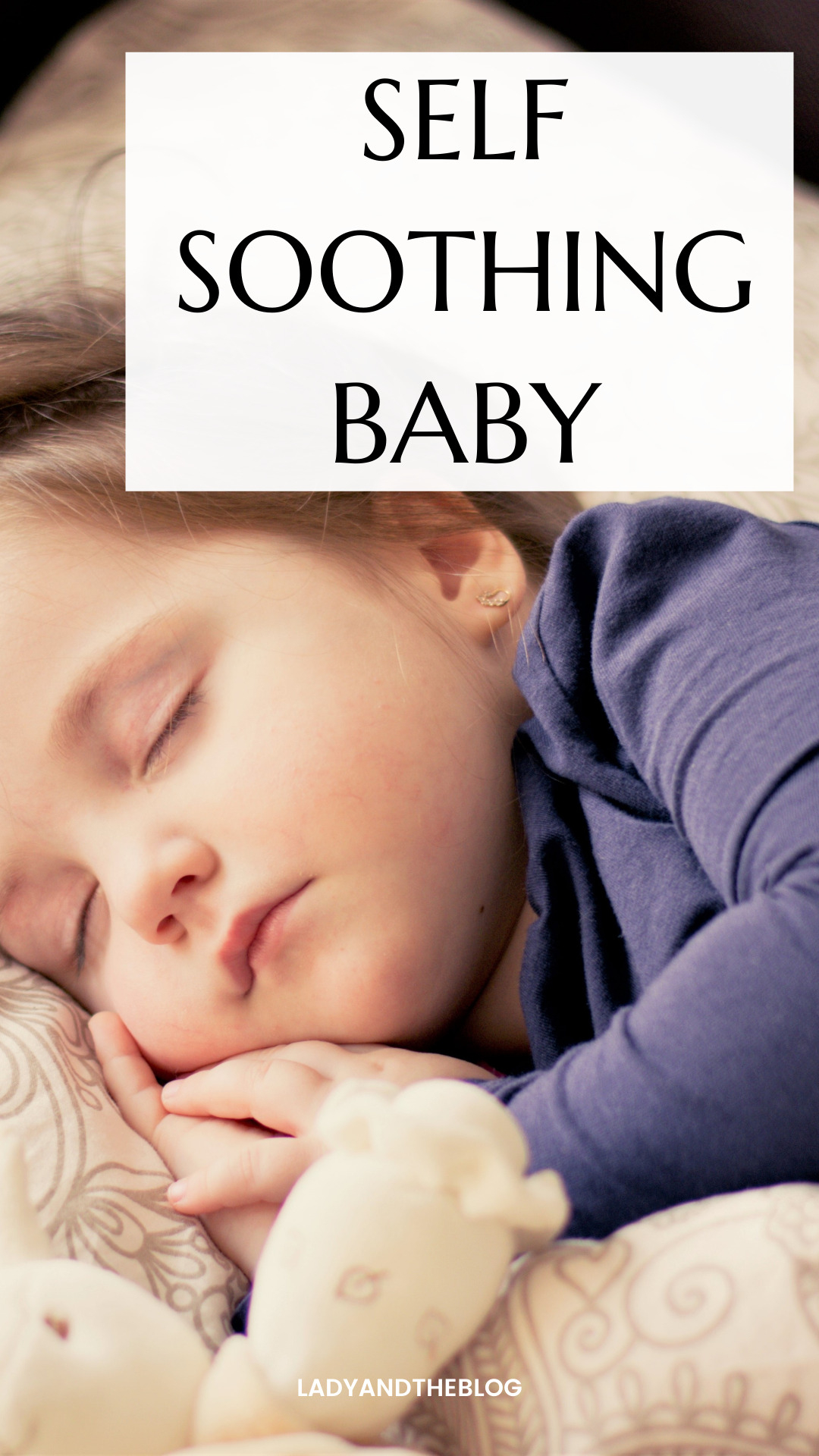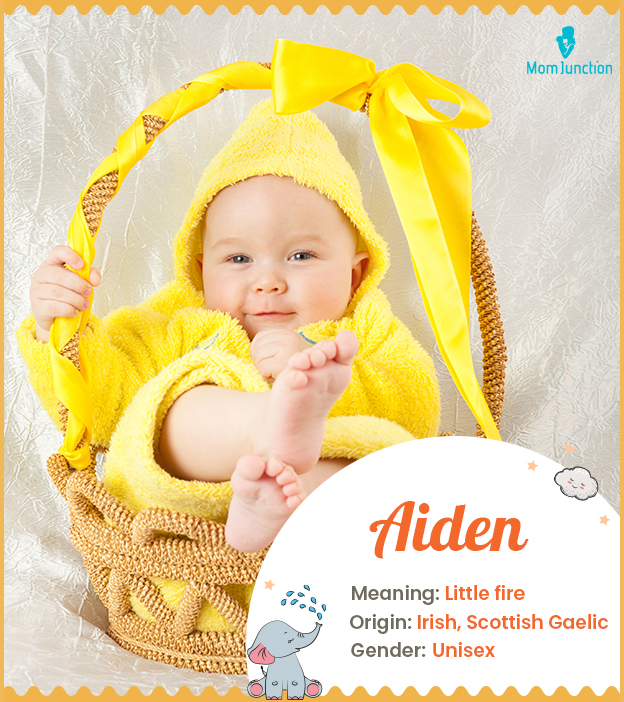How To Help Baby Self Soothe: A Comprehensive Guide
As a parent, one of the most challenging aspects of caring for a baby is helping them learn to self-soothe. Babies rely on their caregivers for comfort and security, but it is essential for their development that they also learn to soothe themselves. In this article, we will explore the best ways to help your baby self-soothe and gain independence in managing their emotions.
Knowledge
When it comes to helping your baby self-soothe, it is crucial to understand the reasons behind their need for comfort. Babies are born with a natural instinct to seek out comfort from their caregivers, as it is essential for their survival and emotional well-being. However, as they grow and develop, it is essential for them to learn how to soothe themselves when they are feeling upset or anxious.
One of the best ways to help your baby self-soothe is to establish a consistent bedtime routine. This routine can include activities such as a warm bath, reading a story, and cuddling before bed. By following the same routine every night, your baby will learn to associate these activities with bedtime and feel more secure and relaxed.
Another essential aspect of helping your baby self-soothe is teaching them how to use comfort objects, such as a favorite blanket or stuffed animal. These objects can provide your baby with a sense of security and familiarity when they are feeling upset or anxious. Encouraging your baby to use these objects when they are upset can help them learn to soothe themselves.
In addition to establishing a bedtime routine and providing comfort objects, it is essential to respond to your baby’s cues and signals when they are upset. By paying attention to your baby’s body language and vocalizations, you can help them identify their emotions and learn how to regulate them. This can help your baby develop emotional intelligence and coping skills that will serve them well throughout their lives.
Conclusion
In conclusion, helping your baby self-soothe is a crucial aspect of their development and emotional well-being. By establishing a consistent bedtime routine, providing comfort objects, and responding to your baby’s cues and signals, you can help them learn to soothe themselves and gain independence in managing their emotions. This not only benefits your baby in the short term but also sets the foundation for healthy emotional development in the long term.
Overall, this article is aimed at parents and caregivers who want to help their babies develop the skills they need to self-soothe and regulate their emotions. By following the tips and strategies outlined in this article, you can support your baby’s emotional development and help them navigate the ups and downs of childhood with confidence and resilience.






